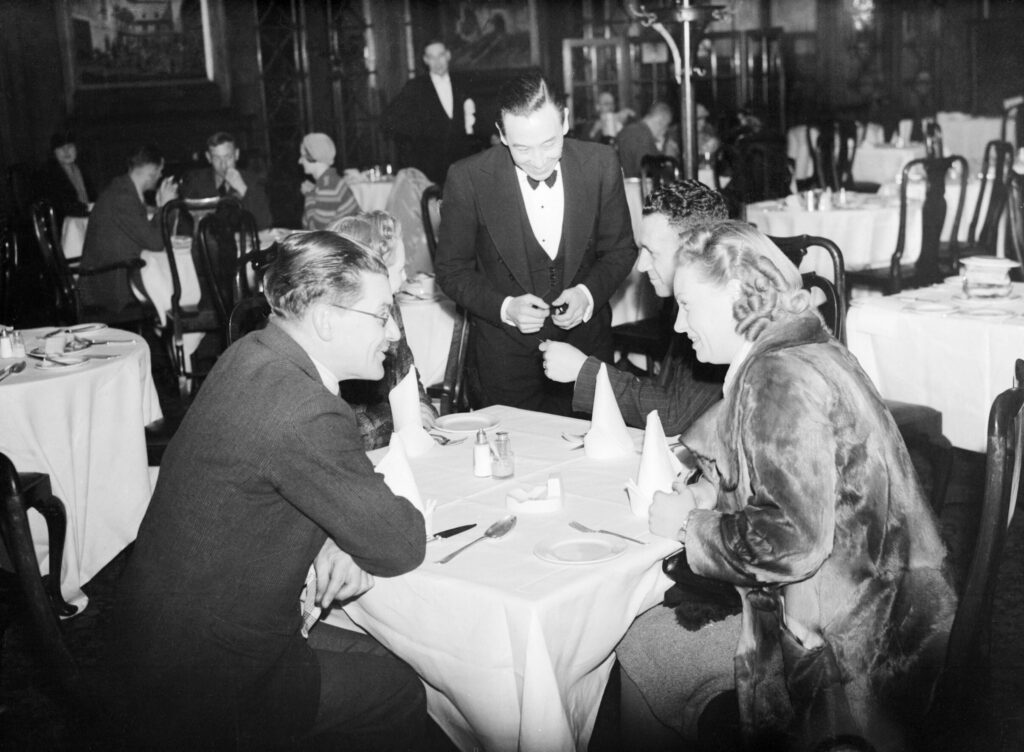Welcome to the tenth and final installment of Getting Started, our series for teens and young adults where we explore the best ways to find a job, and build yourself up as a young worker for your future career. At 25 years old, you are well on your way towards becoming a high level employee, and having a solid, high paying job and career. Your employment situation at the moment may not be exactly what you are looking for, but that high median salary and job growth opportunity is just around the corner.
Whether you have a high school diploma, a master’s degree, or anything in between, we once again have a whole bunch of tips on improving yourself as a candidate, building professional skills, and looking towards the future- with a higher annual salary.
Free Resume Buffing
One great way for a younger worker to improve their resume is by using their current employment as a way to receive free training, skills, and certifications that can help them find a high paying job down the road. Even the worst minimum wage jobs offer some chance to learn new skills, ways to get trained or certified in certain specialties that will help when looking at new job openings down the road. Jobs with a higher median hourly wage often require proficiency or certification in certain tasks, and the best way to get that is through work experience at your current employer.
Company Programs
In some cases, your company may offer training programs covering various topics related to your field, things you can’t learn as a college student but that will help you as a job seeker later on in life. If you are offered any such opportunity you should take it, especially if the company is paying for it. Any special training or qualification is an instant resume booster, and will absolutely lead to a higher average salary for you down the road.
Even if you are looking for a career change, and the training you can get will not be relevant to the new field you want to pursue, hiring managers will love to see a younger worker like yourself going above and beyond, and your initiative will make you stand out from other candidates applying for those job openings. If you’re looking for more information about making a career change, check out our 24 Year Olds edition of Getting Started!
Coworkers
Another great way to level yourself up professional is to tap into an older worker or two who are willing to mentor you, and teach you skills you didn’t learn in high school or your college degree program. Unless you are in a highly competitive, antagonistic work environment like real estate, there is likely at least one older worker at your company who would be willing to show you the ropes, and share with you some tips and skills that they picked up in their many years of work experience in the field.

If that employee has had a long tenure at your company, they may be able to offer some insight into how things work there, and how you can best spend your time to get yourself a higher average salary quickly. An associate’s degree or fancy bachelor’s degree can’t teach you everything- you may think you know everything when you’re a young college student, but real knowledge that will help you increase your median hourly wage comes through experience in the field. And the quickest way to get experience in the field, even in a part time job, is by learning from somebody else’s.
Give Yourself Some Credit
No matter if you work in a fun job, a boring job, a part time job, or an online job, there are going to be key experiences you have, and you have to know how to give yourself credit for them on your resume.
Keep Track of Your Track Record
In almost any career field, you are going to have many different projects and accounts that you work on, or clients that you do work for. Some of these may be extremely important, high-profile projects that will be a huge asset in a future job search. Obviously you must be careful when listing these kinds of things on your resume, as you do not want to violate any NDAs you may have signed or confidentiality laws.
However, even for the things you are not allowed to discuss on a resume, it is important for you to personally keep track of what you worked on and who you interacted with in your tenure with your previous employers. If the employment rate tanks and you once again find yourself with the title of job seeker, you can go back over these lists, and potentially use your previous interactions as a way to get your foot in the door. Good paying jobs for 25 year olds can be hard to come by, but when you have established connections with higher level executives, it makes it a lot easier to land a position with a healthy median salary.
No Task Too Small
You might not have a big, fancy sounding position like financial advisor or claims adjuster, and you may feel like none of your projects or tasks are interesting enough to get you that high paying job that you want. But almost any project, no matter how small or insignificant, can be framed in a way that helps you find a better job, and a better annual salary.
Maybe you are a virtual assistant, a comfy home job where you help a real estate agent or a civil engineer with paperwork and scheduling. It doesn’t sound glamorous, but in reality you are helping your boss with all of the cool, important things that their job entails- so act like it when writing your resume!
Leaving a Job Gracefully

The main motivation for leaving any job is usually monetary- it just doesn’t quite have the high average salary that you’re looking for. Maybe your previous company was holding out on you, and you suffered through low pay due to age discrimination. Maybe it just didn’t have the job growth and career advancement opportunities you were looking for, and you felt trapped, wanting a more flexible job. Maybe it didn’t have health insurance, or what health care it did provide was simply not adequate for your needs. Whether you hold a grudge against your employer or not, it is important to know how to leave gracefully, so you don’t burn any bridges that you might need to cross in the future.
One of the most important things is that you give your employer notice of your departure way in advance. Whether you’re a construction manager or a physical therapist, they are going to need time to find a replacement before you leave, or very soon after. If you quit on them effective immediately, they are only going to be more upset with you for putting them in a difficult situation, and be unlikely to provide you with good recommendations or references in your future job searches.
If you have an online job, such as being a freelance writer or graphic designer, it is much easier to leave those and pursue other employment opportunities. Your clients will likely be disappointed that you are moving on, but it will be fairly easy for them to find another graphic designer or freelance writer to take your place. It is still good for you to give them advance notice and make the transition as friendly as possible, as even a flexible job like that will make you useful connections that you can use down the road.
Finding good paying jobs for 25 year olds can be difficult. You may have some serious student loan debt from your bachelor’s degree or master’s degree, and you want a nice, high average salary to help you cover those costs. There are tons of jobs out there in the health care and real estate industries, and many more- the possibilities for a hardworking, qualified young adult like yourself are endless. For more information about jobs like construction manager or civil engineer, check out our 23 Year Olds installment of Getting Started, and for jobs like dental hygienist or radiation therapist, check out the Getting Started article for 20 Year Olds.
And with that, we have come to the end of our Getting Started series for the young professional. This absolutely not the end for you, as the tips and tricks you have learned through reading this series can be used for years, and your own personal and career development is a never ending process. If you have kept up with this series throughout all of your years as a younger worker, we thank you for your support, and wish you all the best in your future career endeavors. If this is your first Getting Started article, we highly recommend that you check out the rest of the series. Each one may be written for a specific age group, but there is no age discrimination here- every single article contains valuable tips that will serve you well today, and for the rest of your career.
